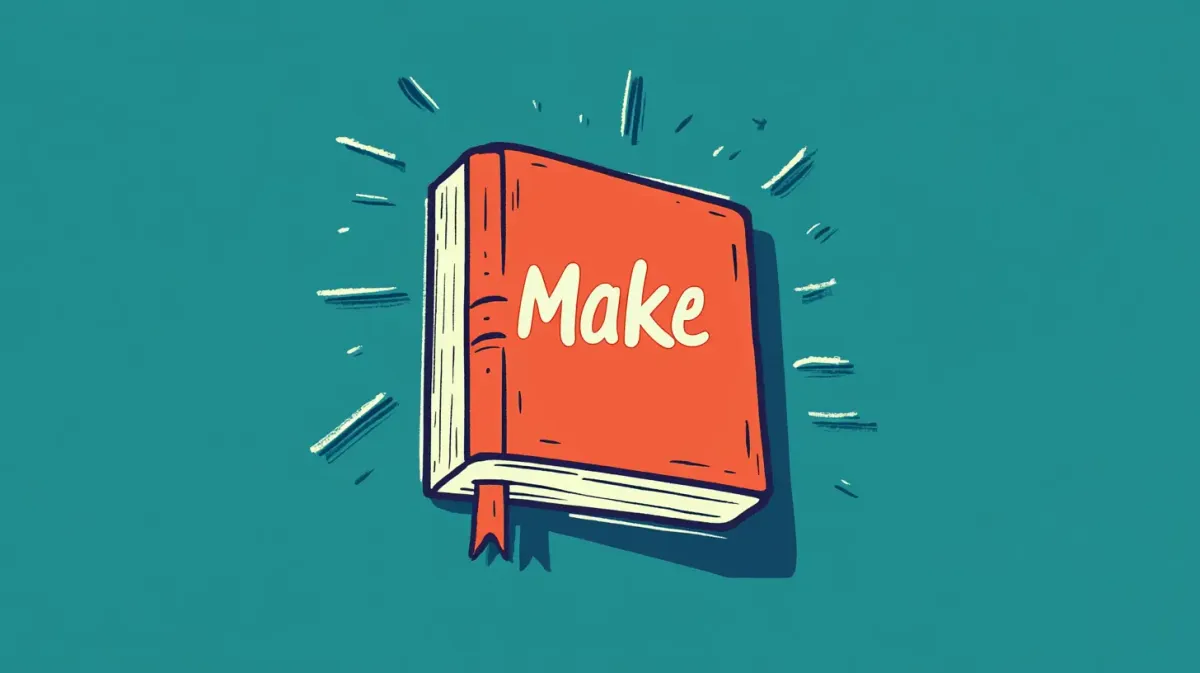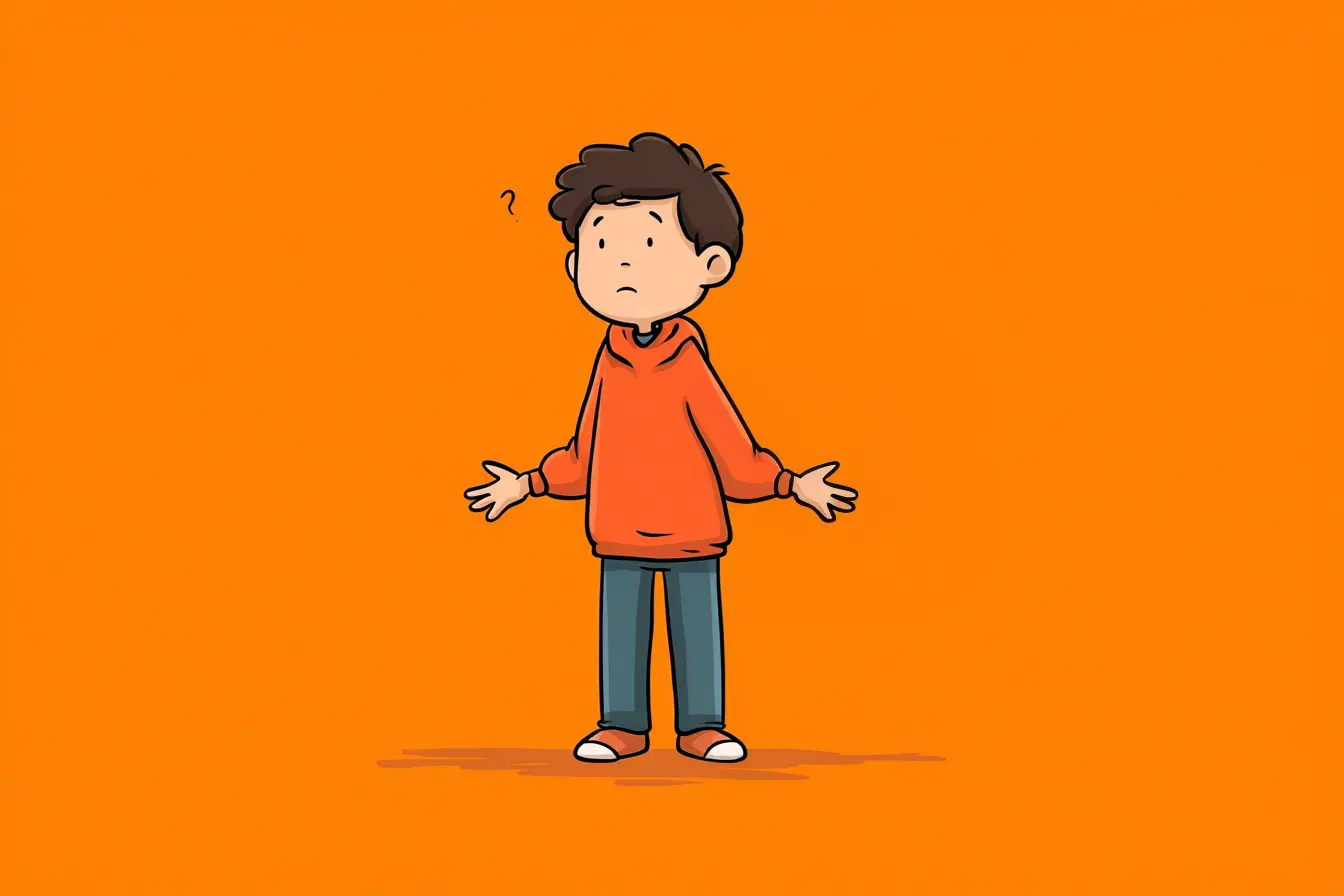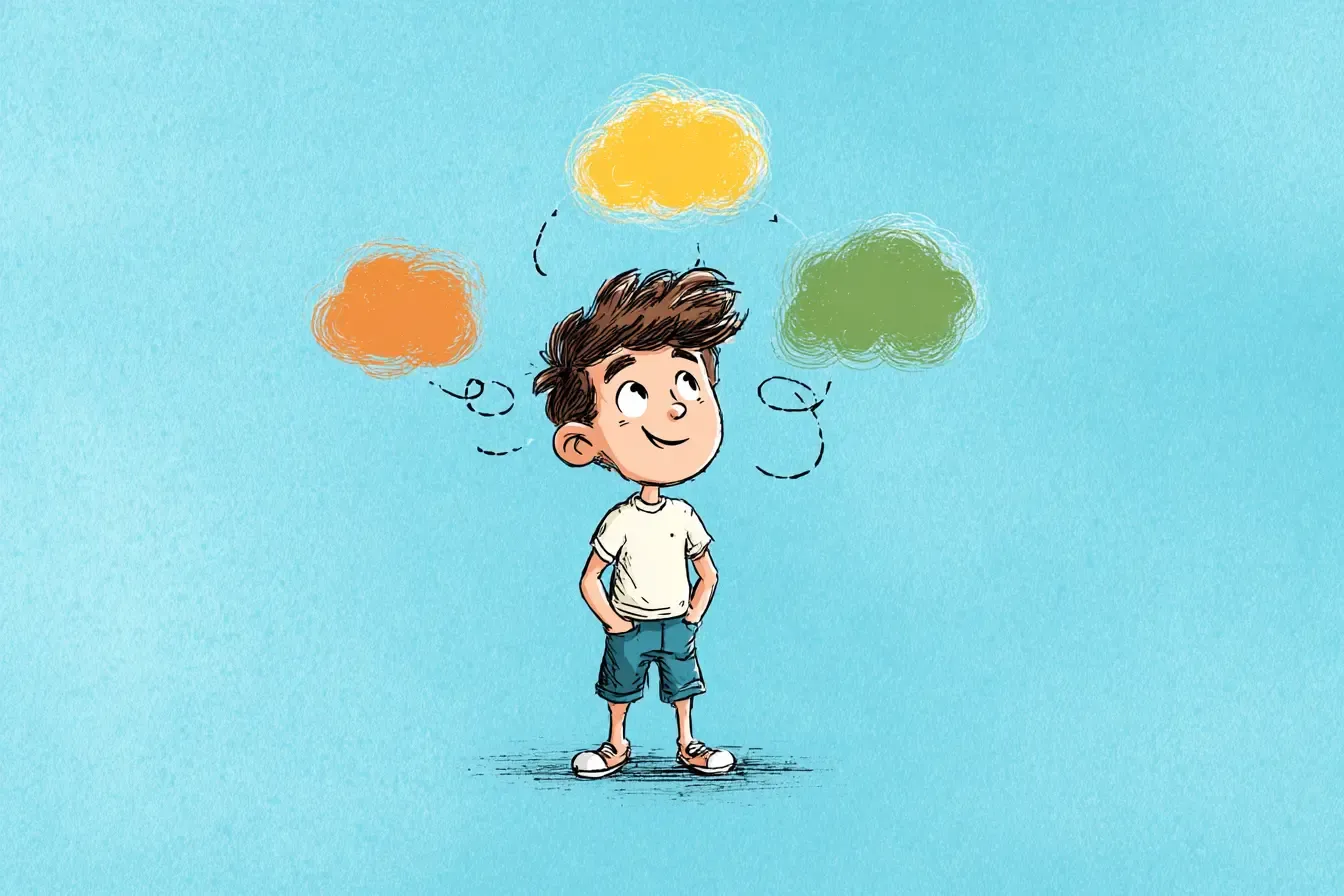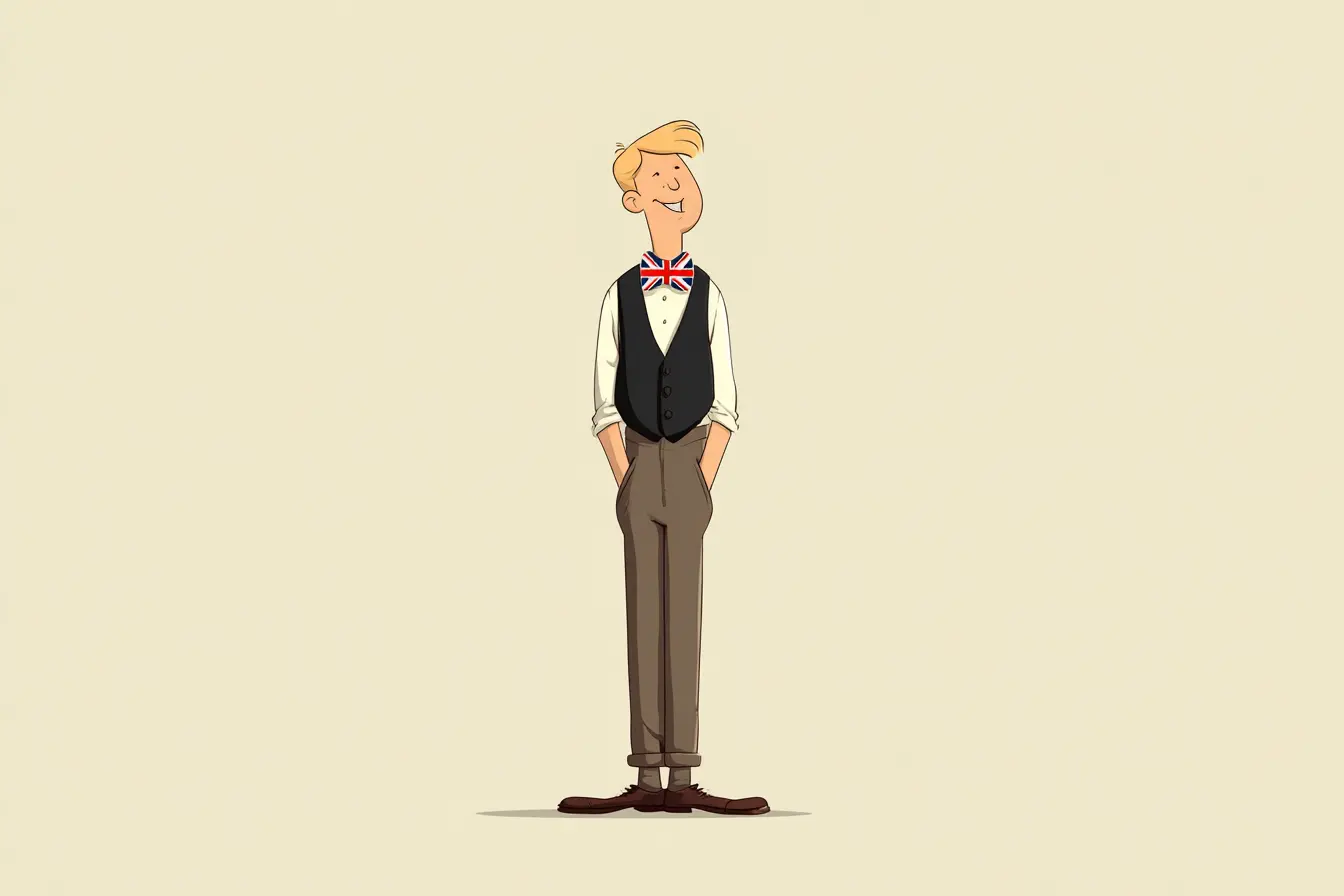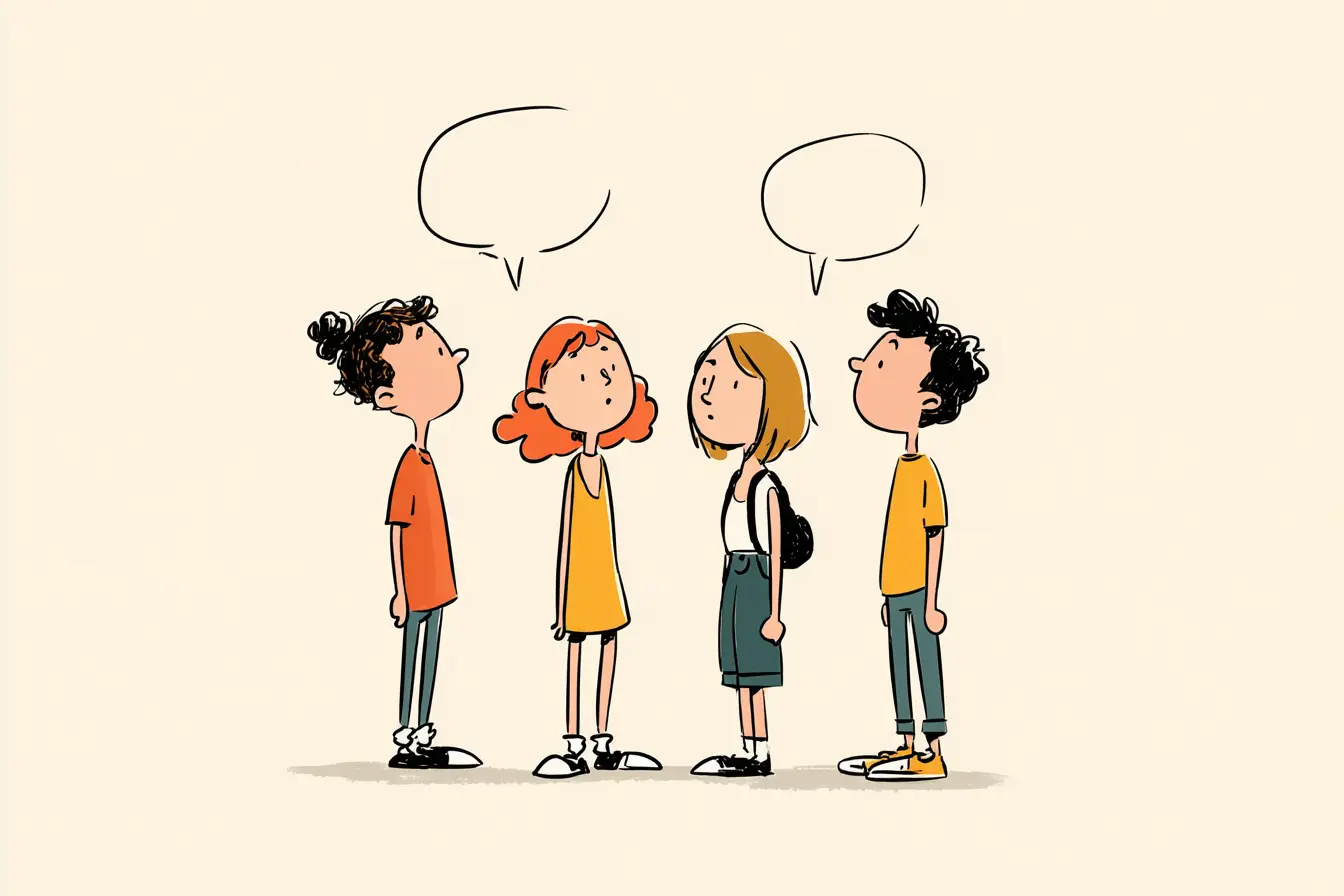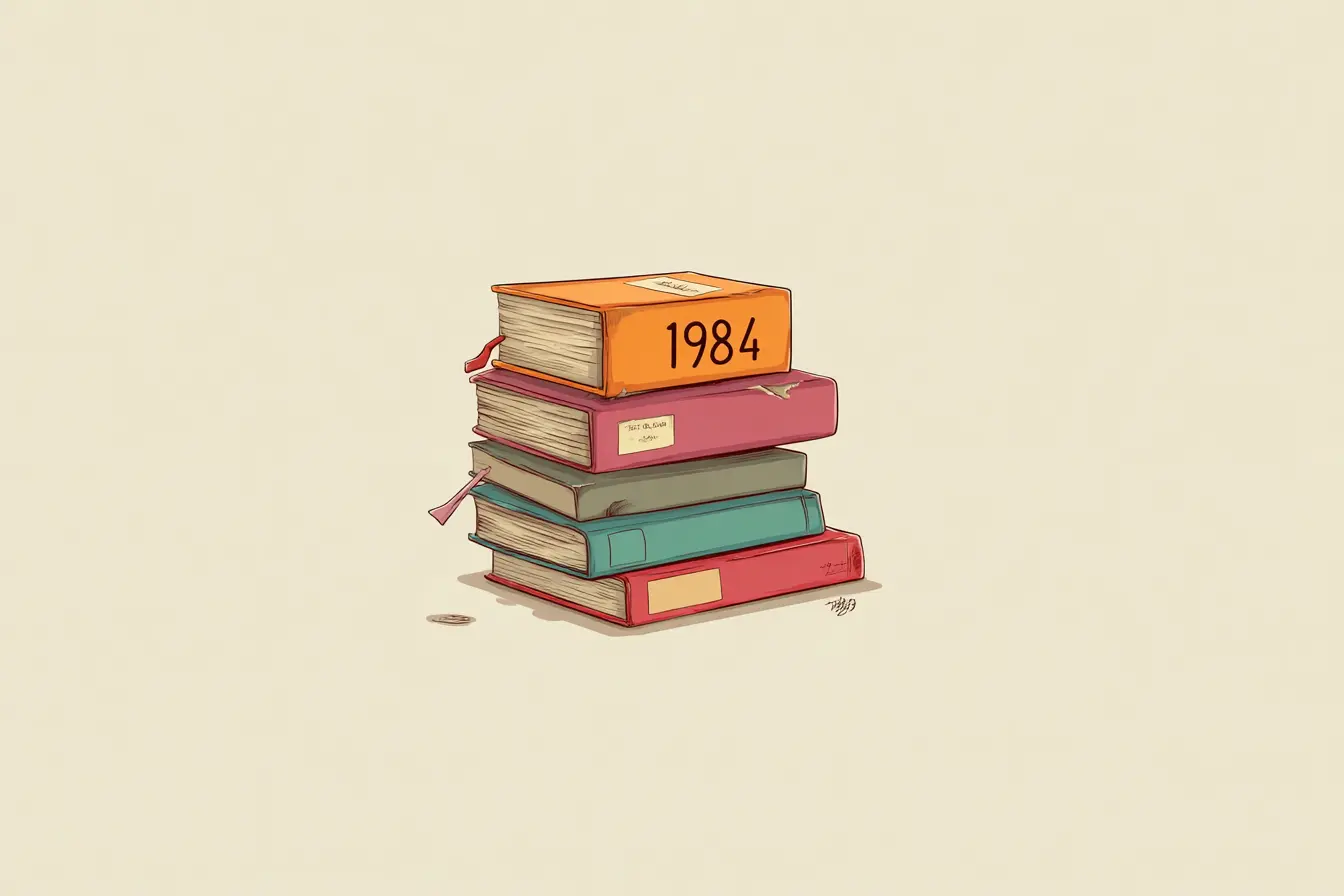Phrasal verbs with "make" are essential in English, often appearing in both everyday conversation and classic literature. Whether you make up a story, make for a destination, or make do with limited resources, these expressions help you sound more natural.
Essential Phrasal Verbs with "Make"
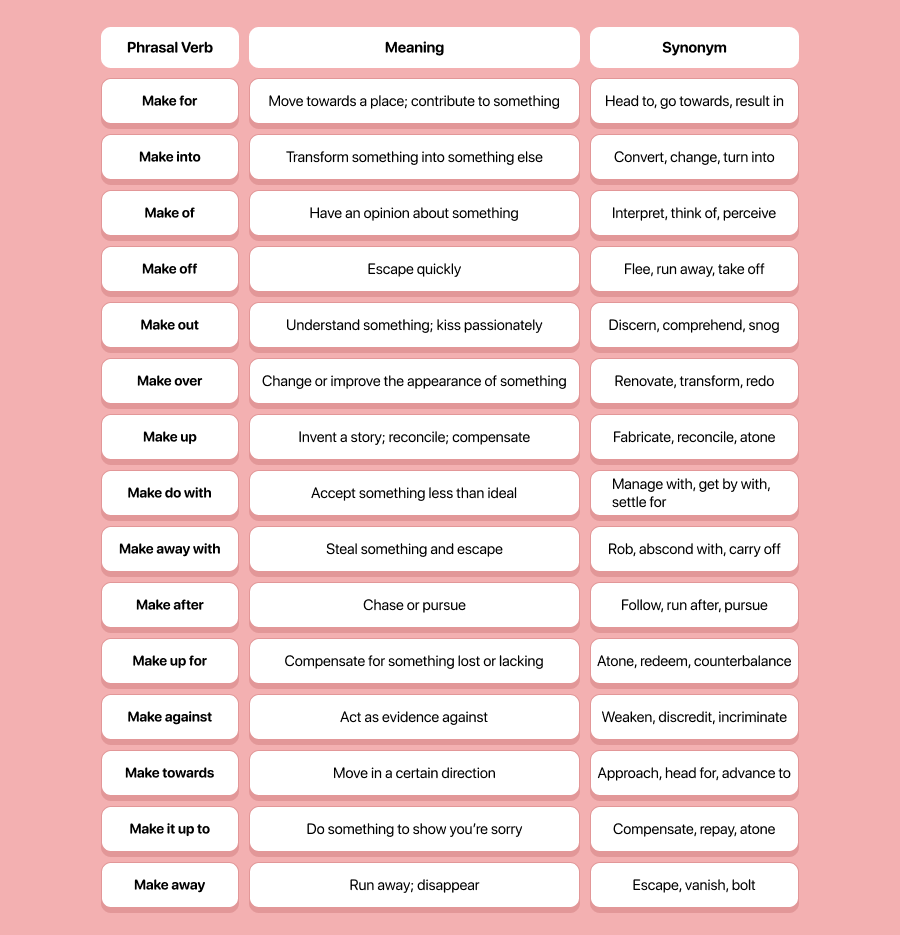
Detailed Explanation of Phrasal Verbs
1. Make for
Definition: To move toward a place; to contribute to an outcome.
📖 “The sea grew wild, and the sky darkened as the storm raged on. With no other choice, they made for the nearest cave, struggling against the wind. The crashing waves roared behind them, swallowing the footprints they left in the sand. ‘Hurry!’ cried Henry, his voice barely audible. ‘If we don’t reach shelter soon, we won’t make it at all!’” — From "The Coral Island" by R.M. Ballantyne
2. Make into
Definition: To transform something into something else.
📖 “What once was a lifeless, empty house, she made into a home. The walls, previously bare and cold, now bore paintings of landscapes she had never seen but longed to visit. She placed fresh flowers on the table every morning, a habit she had kept since childhood. ‘It’s amazing how much warmth a little effort can bring,’ she thought to herself, stepping back to admire her work.” — From "Little Women" by Louisa May Alcott
3. Make of
Definition: To form an opinion or interpretation of something.
📖 “I don’t know what to make of his letter,” murmured Elizabeth, holding the parchment between her fingers. “His words are kind, yet there is something guarded about them. Could it be sincerity or merely duty?” She paced the room, her heart torn between suspicion and hope, rereading the lines that offered no definite answer.” — From "Pride and Prejudice" by Jane Austen
4. Make off
Definition: To escape quickly.
📖 “The moment the guard turned his back, the thief made off, slipping into the shadows. His heart pounded as he clutched the stolen purse, every step echoing against the cobblestone. He didn’t dare look back; hesitation could mean capture, and capture meant the gallows.” — From "Oliver Twist" by Charles Dickens
5. Make out
Definition: To understand something; to kiss passionately.
📖 “Through the thick fog, he struggled to make out the approaching figure. Was it a friend or a foe? His pulse quickened. He called out, but the wind swallowed his voice. The shape moved closer, its features still a blur, and then—recognition struck him like lightning.” — From "Dracula" by Bram Stoker
6. Make over
Definition: To change or improve the appearance of something.
📖 “The room, once dull and lifeless, had been completely made over. New drapes hung at the windows, allowing golden sunlight to spill inside. A fresh coat of paint gave the walls warmth, and the scent of polished wood filled the air. ‘It feels like an entirely different place,’ she whispered, amazed at the transformation.” — From "Anne of Green Gables" by L.M. Montgomery
7. Make up
Definition: To invent a lie; to reconcile after a fight; to compensate for something.
📖 “He had to make up a story quickly. The truth would never do. ‘The road was blocked,’ he said, forcing a smile, ‘and I had to take the long way around.’ His mother’s sharp eyes studied him, but she said nothing. Whether she believed him or not, he could not tell.” — From "The Adventures of Sherlock Holmes" by Arthur Conan Doyle
8. Make do with
Definition: To accept something less than ideal.
📖 “There was no bread, no fresh milk, no butter—nothing but a handful of oats and a cup of water. ‘We’ll have to make do with what we have,’ said Mary, stirring the meager mixture. The children watched, their faces hopeful despite the simplicity of the meal.” — From "A Christmas Carol" by Charles Dickens
9. Make away with
Definition: To steal something and escape.
📖 “By the time the master of the house realized what had happened, the silver was gone, and the culprit had made away with the finest pieces. The servants murmured among themselves, casting nervous glances at the empty space where the heirloom had once stood. ‘We should have locked the doors,’ whispered the butler, his voice tinged with regret.” — From "Les Misérables" by Victor Hugo
10. Make after
Definition: To chase or pursue someone.
📖 “No sooner had the fugitive darted through the alley than the constables made after him, their heavy boots thudding against the cobblestones. ‘Stop, in the name of the law!’ one of them cried, but the man did not slow. If he could just reach the docks, he might yet disappear into the night.” — From "The Hound of the Baskervilles" by Arthur Conan Doyle
11. Make up for
Definition: To compensate for something lost or lacking.
📖 “He had spent years abroad, and now, standing before his aging father, he knew he had much to make up for. ‘I should have written more,’ he admitted, his voice low. The old man nodded, his expression unreadable. ‘You’re here now. That is something.’ But was it enough?” — From "Great Expectations" by Charles Dickens
12. Make against
Definition: To act as evidence against someone or something.
📖 “The prosecutor laid out the facts one by one, each detail seeming to make against the accused. The courtroom sat in tense silence, the weight of the accusations pressing down like a storm about to break. He gripped the edge of the stand, knowing that every word spoken had the power to seal his fate.” — From "Crime and Punishment" by Fyodor Dostoevsky
13. Make towards
Definition: To move in a certain direction.
📖 “As the first light of dawn stretched across the fields, they made towards the river, hoping to find a boat before the enemy patrols appeared. The air was still, save for the distant rustling of the reeds, and every step felt like a gamble between safety and capture.” — From "Robinson Crusoe" by Daniel Defoe
14. Make it up to
Definition: To do something to show you are sorry for a mistake.
📖 “She had been too harsh, she knew that now. He had stood in the rain, waiting for hours, and she had ignored him. ‘I’ll make it up to you, I promise,’ she said, reaching for his hand. He hesitated before taking it, searching her eyes for sincerity.” — From "Sense and Sensibility" by Jane Austen
15. Make away
Definition: To run away; to disappear.
📖 “Before anyone could stop him, he had made away, vanishing into the mist like a ghost. The villagers searched for hours, calling his name, but the forest remained silent. ‘Perhaps he never wanted to be found,’ one of them murmured, peering into the shadows.” — From "The Count of Monte Cristo" by Alexandre Dumas
Now you have all 15 phrasal verbs with "make" explained through rich literary examples! These classic book excerpts provide both meaning and engaging storytelling, making it easier to remember the phrases.


